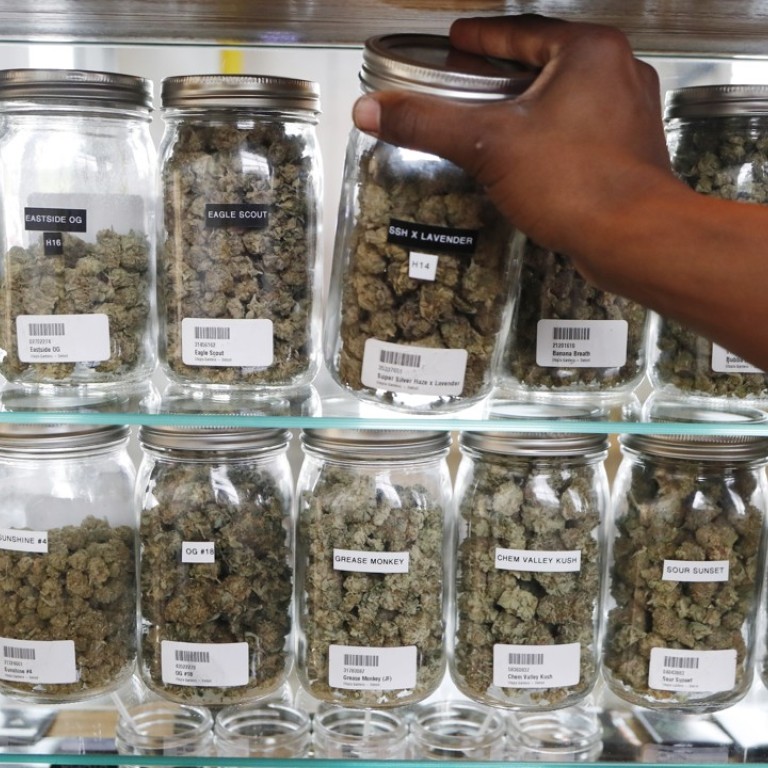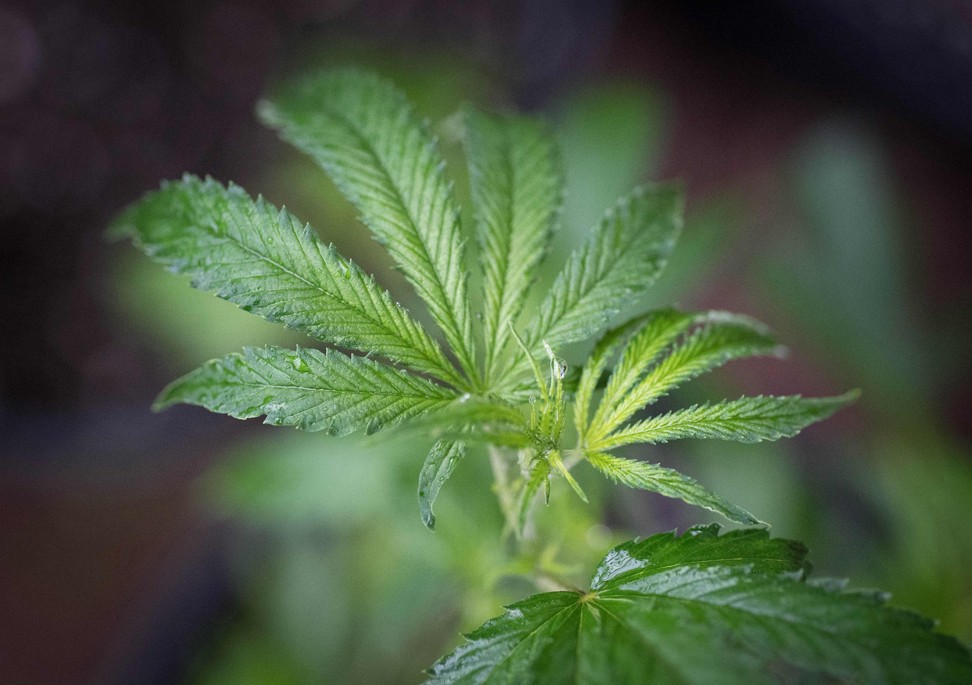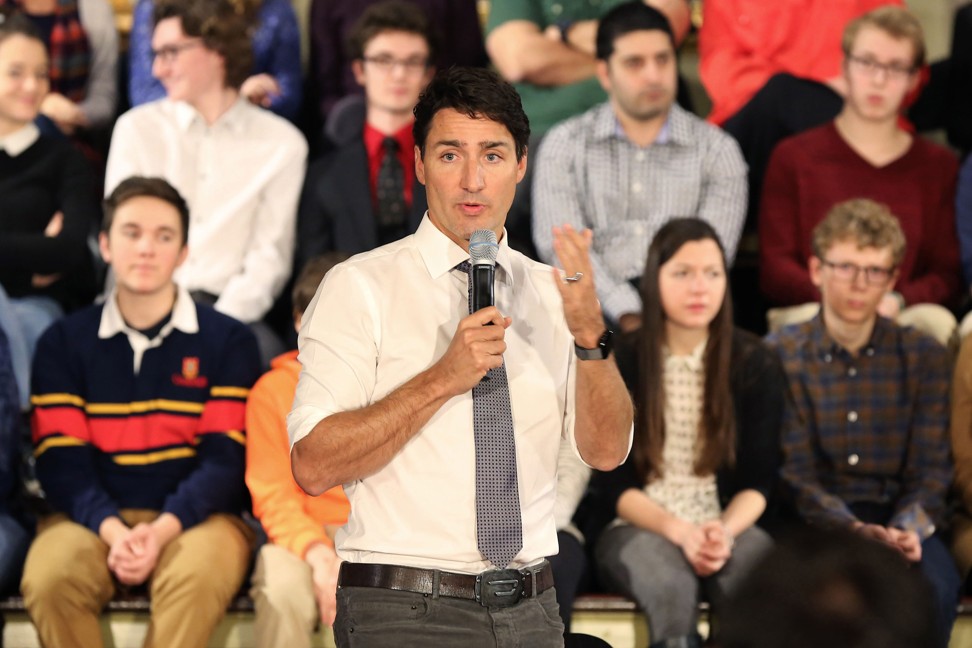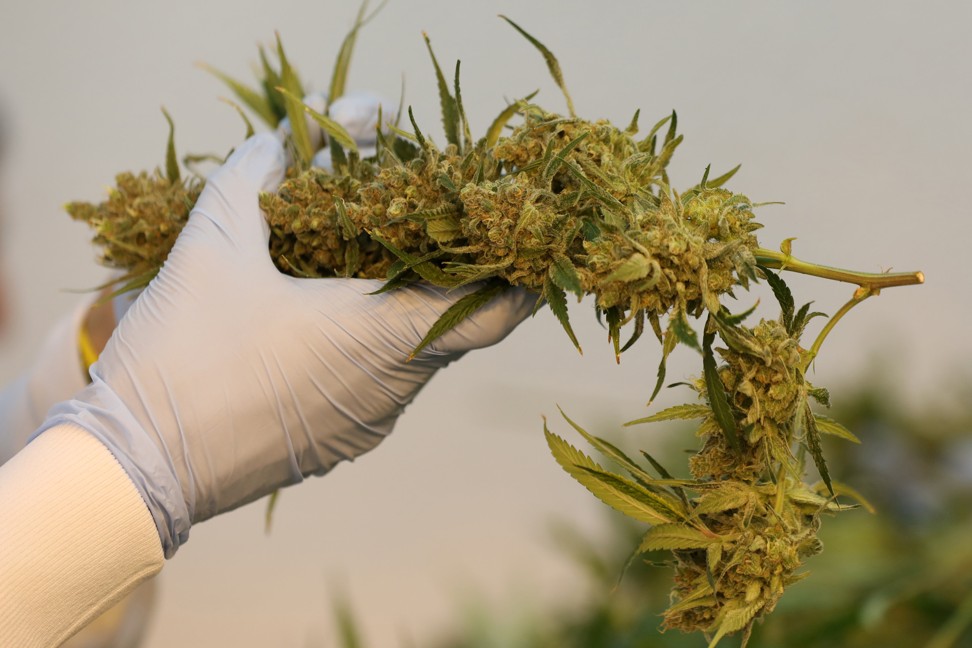
‘Say no’ to drug legalisation despite Canada decision: WHO chief
Head of World Health Organisation says despite Canada about to become only the second nation in the world to legalise recreational marijuana, countries should think twice before taking the same action
With Canada on the verge of becoming the world’s second nation to legalise recreational marijuana, the head of the World Health Organisation (WHO) said Wednesday that countries should think twice before opening that door.
WHO chief Tedros Adhanom Ghebreyesus, who was in the Philippines for a regional meeting, said the organisation supports availability of drugs like marijuana for medical reasons.
Green light: Canada sets October 17 for legalisation of marijuana
“Of course we believe that people who need it, especially for pain management, should have it. There should be access,” he said.
That access should be clearly regulated, he added, and throwing open the doors to full legalisation carries its own health risks.
“I think any addictive substance is not good for human health,” he said. “We wouldn’t encourage countries to follow those who are actually … legalising it.”

As he spoke, Canada was a week away from allowing for adults to buy, grow and consume cannabis, the second nation in the world to do so after Uruguay’s move five years ago. Canadian officials have justified legalisation on the grounds that it would take traffickers and dealers out of the equation and protect young people.
Nine American states have also given the green light to recreational use, and many more allow it for medical purposes. But Tedros said, similar to alcohol and tobacco, drugs like marijuana needed to be controlled because of the risk they posed outside medical settings.
He pointed to the strides nations around the world have made in curbing tobacco smoking, which the WHO considers to be the substance that causes the most damage to health globally.

While use is levelling off or even decreasing in some countries, WHO estimates there are still over a billion smokers globally.
As cannabis legalisation grows, the United Nations figures point to a much smaller number of users, with 2013 numbers showing nearly 182 million non-medical users. For countries that do proceed with recreational legalisation, Tedros said it is key that they closely monitor the impact on their citizens’ health.
Legalisation has already prompted a range of questions on public safety that Canadian authorities have had to broach.

They have reminded motorists that driving while high is still illegal, while soldiers are to be banned from smoking or otherwise consuming the drug up to eight hours before reporting for duty.
Why Hong Kong ban on e-cigarettes is wrong – they helped me quit tobacco
“We are encouraging them to understand its impact and do assessments from the start,” Tedros added. “Legalising it we hope will not mean that they are really not to be encouraged to study its impact.”

.png?itok=arIb17P0)